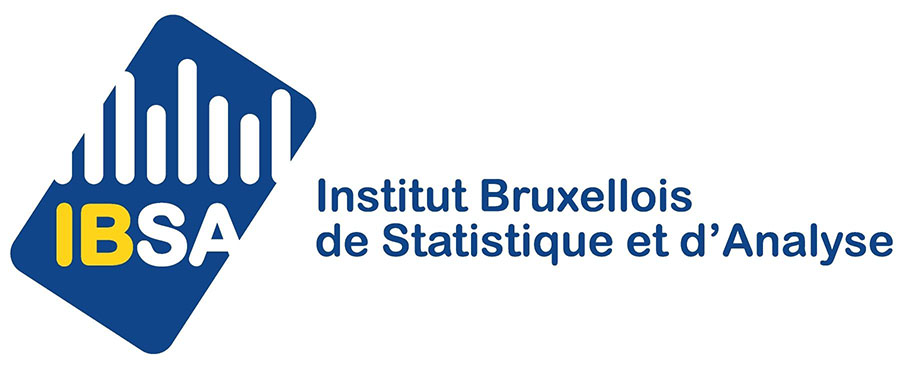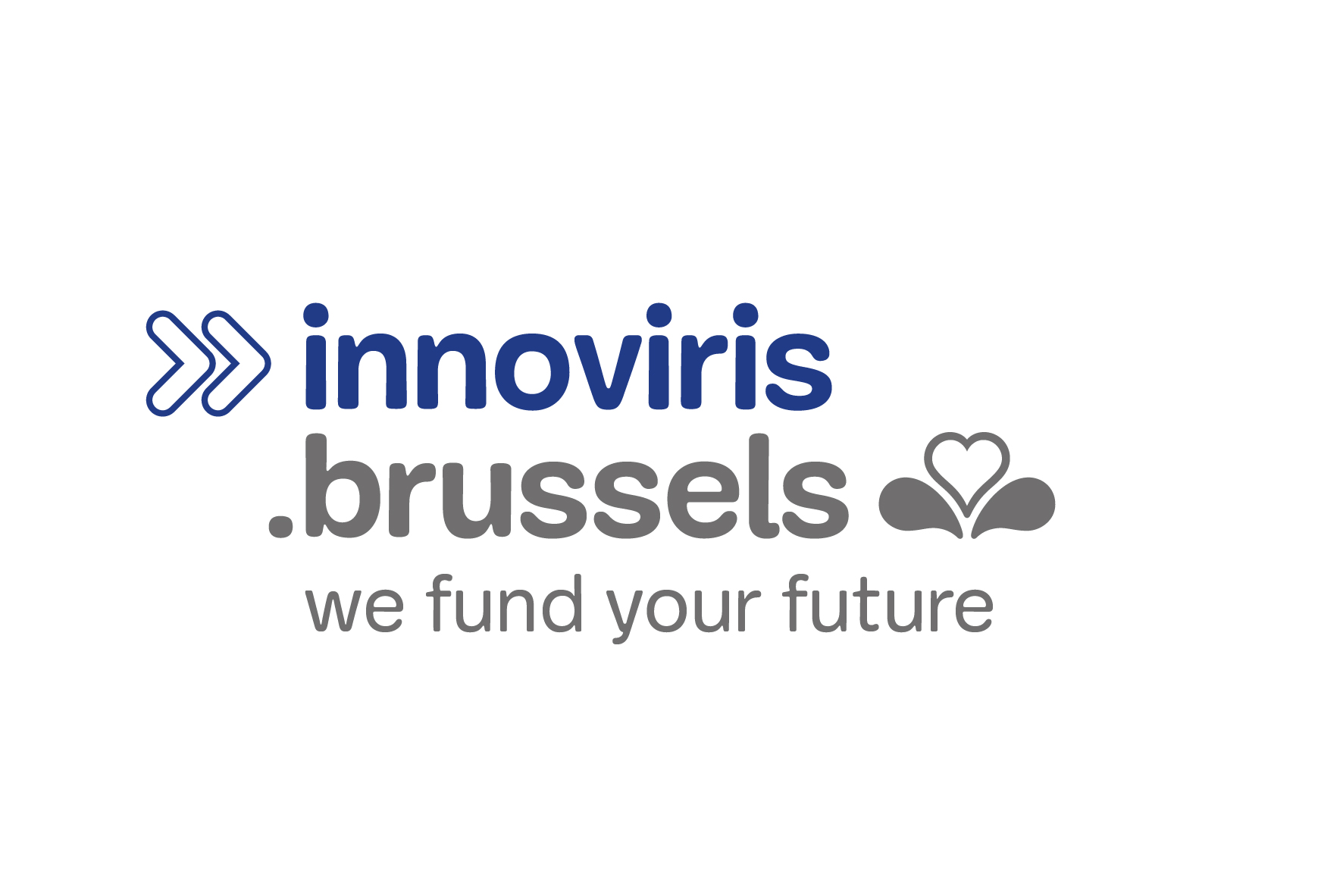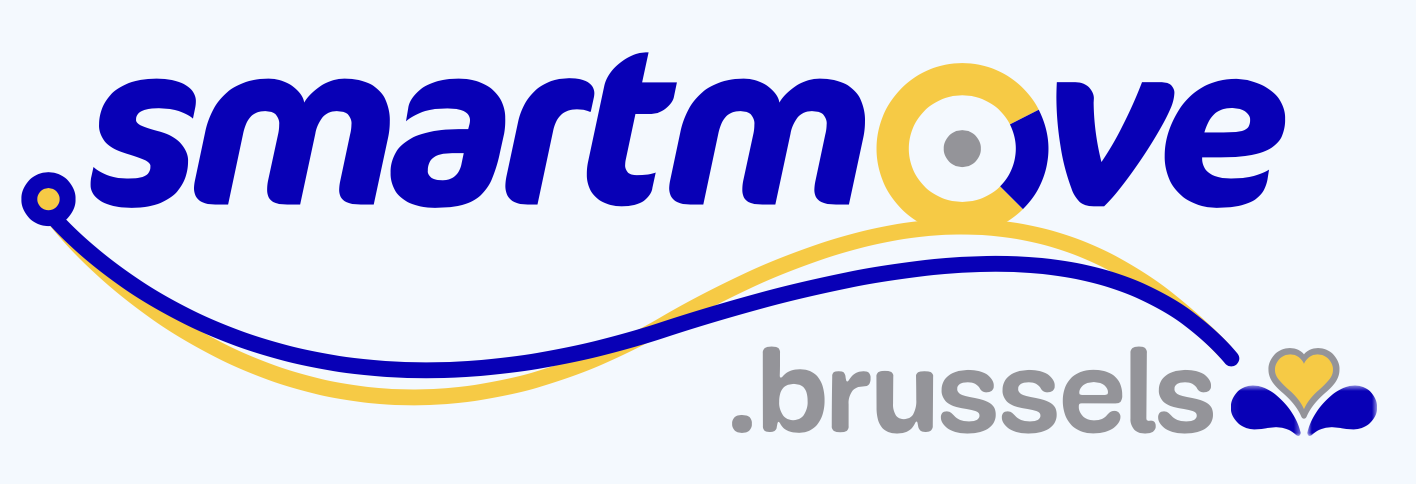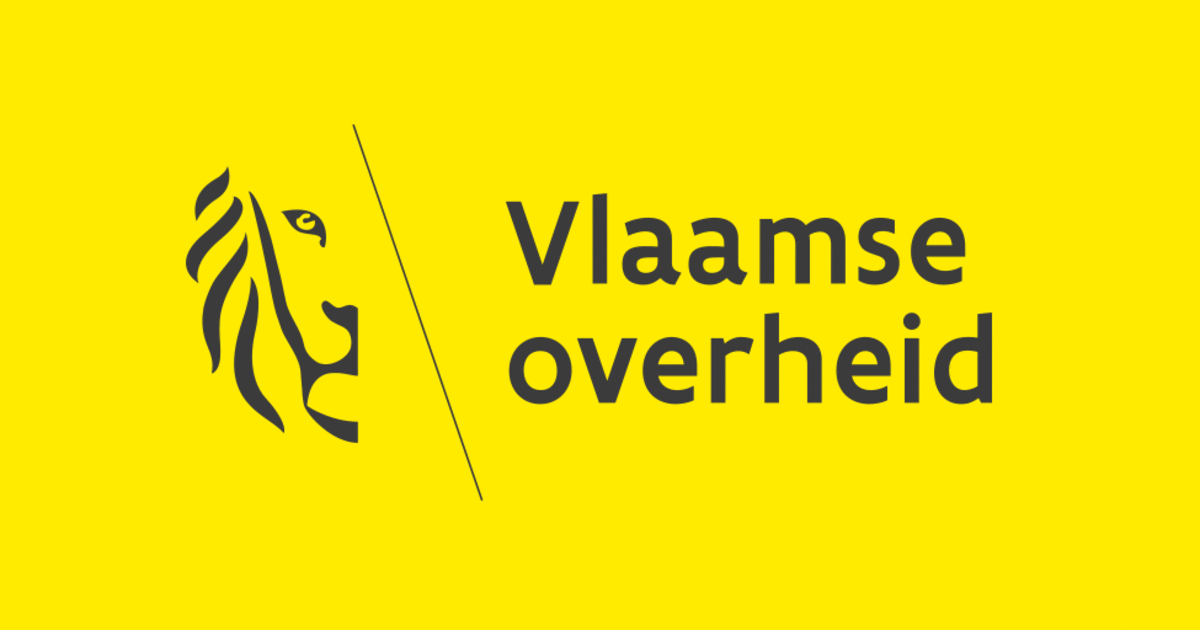This project examines how the tax-benefit system interacts with household composition in Belgium. The focus will be on several aspects of the households, from couple formation to household dissolution through children-related considerations. The project aims to objectify the actual trade-off between the redistributive and the efficiency objectives of the tax-benefit system from both legal and economic perspectives. The research is organized around three main axes: 1. the role of the core fiscal entity – individual or couple? 2. child-related policies and labour participation 3. the dissolution of the household.
The European Regional Development Fund - ERDF - is one of the main instruments of the European Union’s regional cohesion policy, which aims to ensure balanced, sustainable development based on solidarity throughout the 27 member states of the European Union.
The Brussels-Capital Region contributes to this financial tool for investment and solidarity in order to improve the day-to-day well-being of the people of Brussels.
The Beamm.brussels project is part of the ERDF 2021-2027 program. It aims to put the results of CAPE’s research in public economics at the service of the Region by proposing an online, open-access micro-simulation platform. It contributes to the digitization of the Region’s services and to the implementation of evidence-based public policies with a particular focus on tax justice issues. Beamms.brussels thus contributes to regional development and the achievement of objectives set at both European and Brussels levels.
This study aimed to determine income thresholds for establishing a progressive tuition fee system. It seeks to identify, based on the current income ceilings used for awarding study grants, the appropriate increases to these ceilings needed to achieve the targets of including 10% of students from low income backgrounds and 10% from middle income backgrounds.
A framework agreement for services whose object is a methodological and scientific support by CAPE in the execution of the scientific activities of the Brussels Institute for Statistics and Analysis -IBSA-, one of the departments of perspective.brussels.For the duration of this framework agreement, CAPE assists IBSA methodologically in its diverse projects.
A framework agreement for services whose object is a methodological and scientific support by CAPE in the execution of the scientific activities of the Brussels Institute for Statistics and Analysis -IBSA-, one of the departments of perspective.brussels.For the duration of this framework agreement, CAPE assists IBSA methodologically in its diverse projects.
The Brussels Capital Region faces important challenges in terms of mobility and labor market participation. The successful implementation of important policy reforms requires more than ever a broad public support, which can be built by means of a deep democratic debate based on transparent and accurate information. However, the complexity of our tax-benefit system makes that judging the impact of a tax-benefit reform is beyond the abilities of most citizens, civil society organizations and many public administrations. Public debates are therefore at best based on partial information and the different parties have an unequal access to reliable information. To face these challenges, we develop Beamm.brussels, an online, open-access and cloud-based tax-benefit microsimulation model for the Brussels Capital Region. It will allow all public administrations, policy makers, social partners, civil society and citizens to specify a detailed tax-benefit reform in an online graphical user interface. Beamm.brussels will compute the impact of this reform for all individuals in a micro-dataset that is representative of the population of the BCR, and it will present a detailed analysis and visualization of the impact of the chosen tax-benefit reform from a variety of viewpoints in its online interface. We will work intensively to validate the model and, in this process, use it to produce a series of scientific research papers and policy reports w.r.t. mobility and labor market policies in the Brussels Capital Region.
In order to improve mobility, environmental quality and equity on its territory, the government of the Brussels Capital Region decided in the 2019 coalition agreement to implement a system of smart kilometer charges. This new tax has been named Smartmove. Together with Transport & Mobility Leuven and the Motivity Consortium, CAPE has helped to Brussels Capital Region to assess the socio-economic impact of the Smartmove Reform.
In collaboration with Transport and Mobility Leuven and HIVA - Research Institute for Work and Society, we are evaluating carbon tax scenarios in Belgium for the Federal Public Service FINANCE. CAPE is working on the impact of a carbon tax on the purchasing power of households at risk of energy poverty.
This project studies how different tax instruments can be used as tools to manage transport problems in Flanders.
This project seeks to quantify the labor market implications of a revision of the Flemish regional surcharges in the personal income tax.
In this project we calculate at the request of the Flemish government the interregional transfers in Belgium for the years 2022 and 2023.








